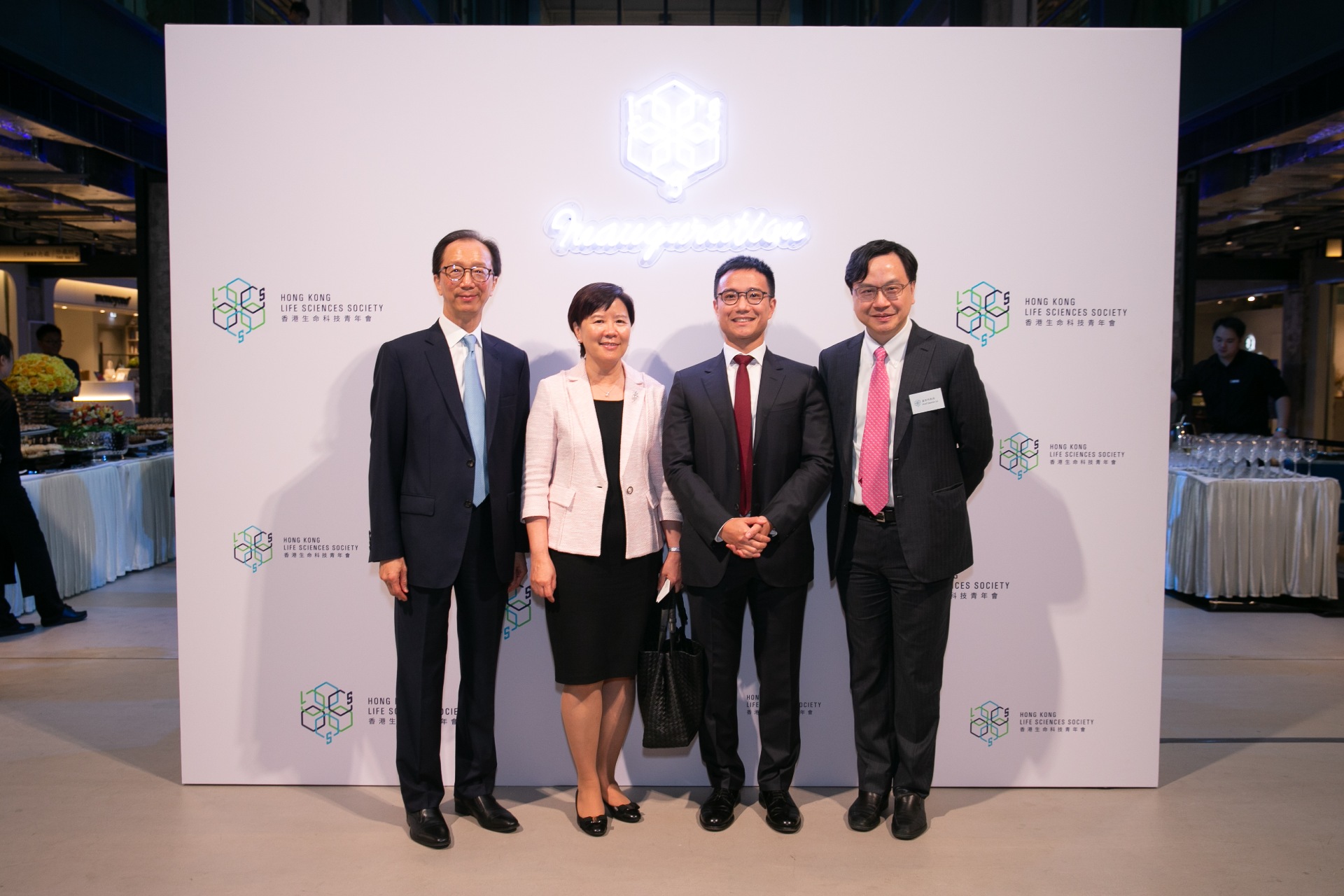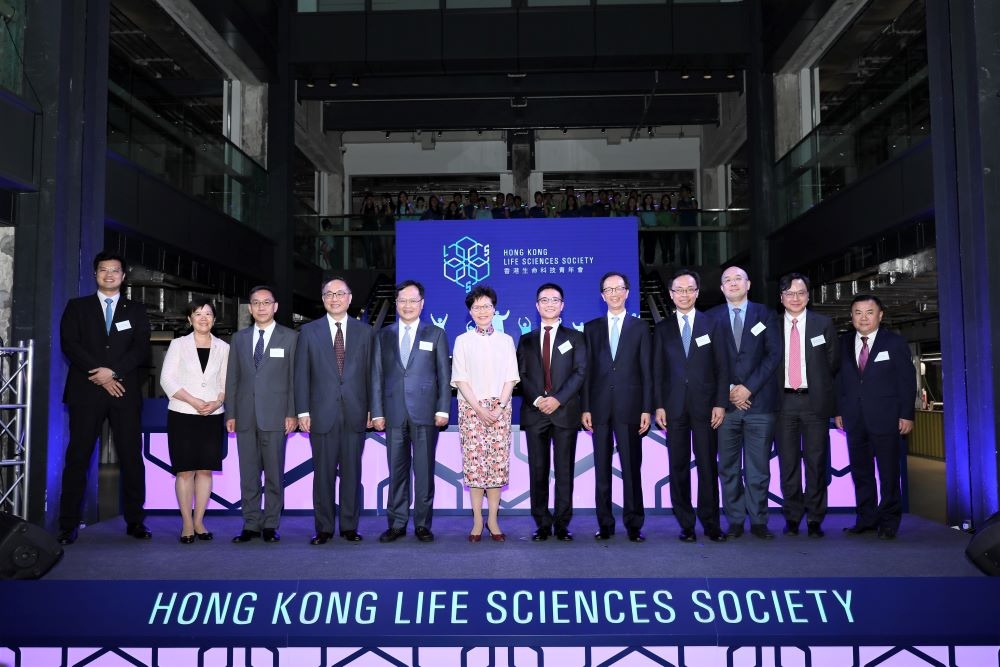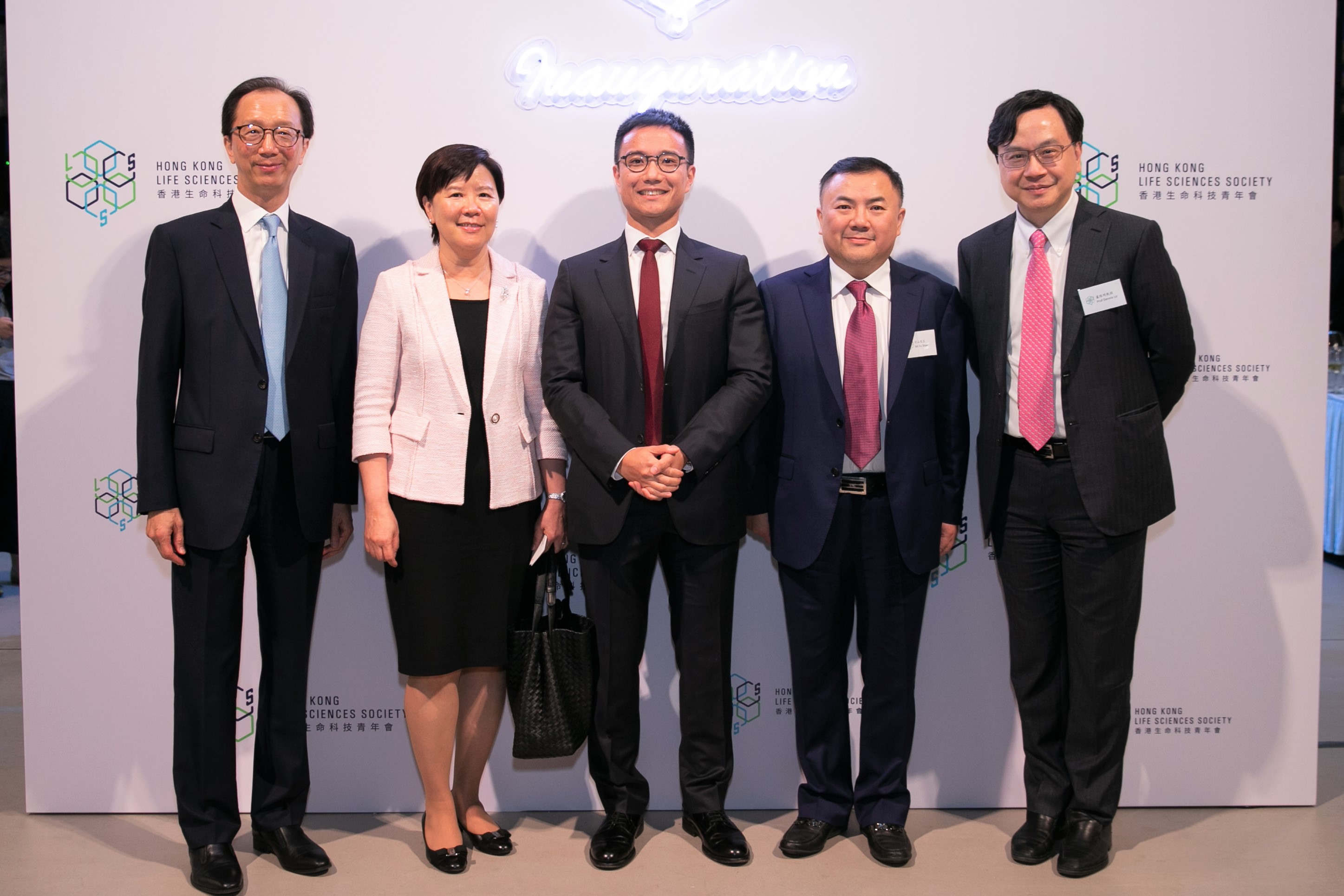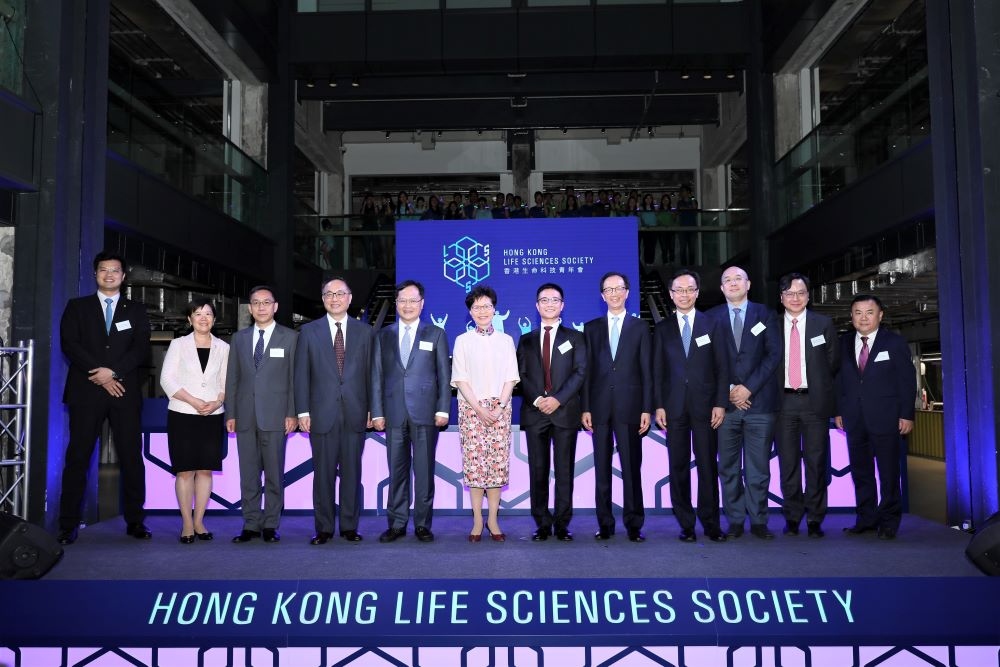(China Daily, 4 September 2020) — We may be living in an uncertain and volatile world, but former financial secretary of Hong Kong Antony Leung Kam-chung says the city will ride it out. He tells He Shusi that the SAR will become even more appealing to investment capital worldwide.
Whatever the ups and downs in the entrepreneurial world, capital is still king and delivers business. That’s the key takeaway of Antony Leung Kam-chung on today’s turbulence, who has more than four decades under his belt as a banker, public servant, financial strategist and entrepreneur.
And Hong Kong, trapped in the middle of the geopolitical tiff between the world’s two biggest economies, should emerge relatively unscathed whatever way the wrangling goes, he believes.
The special administrative region should be able to conquer the odds and stay competitive as an essential global financial hub, and become even more appealing to investment capital worldwide.
“After all, capital goes after profits,” Leung, a former currency trader and banker who served for more than two years from 2001 as financial secretary under the SAR’s first chief executive Tung Chee-hwa, said.
In the United States, a capitalist society, capital is beyond politics, and impacts politics, said Leung, who’s now back in the private business sector, helming Nan Fung Group — one of Hong Kong’s most prominent real estate, shipping and financial services conglomerates.
“Capital seeks investment benefits,” he said in a interview with China Daily.
Drawing a comparison, Leung said that although the US stock market seems to be booming, real economic growth is limited. On the contrary, China’s real economy is growing faster than that of the US. Therefore, if US funds go after potentially value-added investment, they will continue to look to China to have their finger on the pulse in the growing Chinese market.
With China’s foreign exchange controls in place, Hong Kong will continue to be an open and favorable channel for foreign capital to penetrate the vast mainland market, he said.
“The spat between China and the US this time, nevertheless, will inevitably hit Hong Kong to some degree. But, from my perspective, our long-established financial center status won’t be altered by some momentary fluctuations,” Leung said.
The logic is simple — the SAR prides itself on a common law system, as well as institutions and regulations that international investors are familiar with, he noted.
Moreover, the mainland is in the midst of strong economic growth, linking up rapidly with the rest of the world. The veteran entrepreneur said it’s necessary at this moment to have an offshore financial pivot to do business with the West. Backed by the motherland with an abundant talent pool, Hong Kong’s position is firm, he pointed out.
Besides, the wave of secondary listings in Hong Kong by mainland companies will persist over the next few years after being subjected to “unfriendly” treatment in the US, Leung believes.
As an ideal alternative for mainland companies’ global fundraising efforts, he thinks Hong Kong can deflect the shock from the Sino-US scrimmage.
Leung, 68, who is credited with invigorating the Hong Kong economy following the SARS outbreak in 2003, is also currently chairman and co-founder of investment firm New Frontier Group.
With a rapidly graying population in China, Leung sees healthcare as a very demanding business in future, especially premium healthcare in the Guangdong-Hong Kong-Macao Greater Bay Area, where he has his family roots in Shunde, Guangdong province.
The Bay Area is now home to more than 70 million people, with 17 percent of the population aged above 65, pointing to a huge rigid demand for healthcare, said Leung.

In 2018, Nan Fung Group fully funded the Hong Kong Life Sciences Society (HKLSS), chaired by the group’s Managing Director and COO Vincent Cheung Sai-sing, with Leung and leading scientists as board governors.
Shoot for new economy
New Frontier Group’s subsidiary, New Frontier Corp, acquired United Family Healthcare — one of the largest private healthcare operators on the mainland — late last year for US$1.3 billion from parties that included affiliates of US-based TPG Capital and Shanghai-headquartered Fosun Pharmaceutical.
Following the deal, the combined company’s initial market capitalization was put at approximately US$1.4 billion. In the past three years, New Frontier has invested more than HK$15 billion in healthcare services across the mainland.
With United Family Healthcare under its umbrella, the group now operates 18 hospitals, 18 clinics, and 45 community nursing centers. It aims to coordinate with the mainland’s medical reforms to provide people with quality healthcare services, Leung said.
United Family Healthcare operates two general hospitals in the Bay Area — one in Guangzhou, which kicked off operations last year — and the other in the heart of Shenzhen’s Futian district, right next to the high-speed rail station that connects Hong Kong and the rest of the region. They’ll become convenient alternative medical facilities for patients and doctors from Hong Kong when the Bay Area operates under full steam, Leung said.
Many mainland residents have confidence in Hong Kong’s medical services but, unfortunately, the SAR has limited land as well as hospital capacity.
The future United Family hospital in Shenzhen can meet the demand of mainland customers, and residents in the Bay Area can access Hong Kong’s high-end medical services without having to cross the boundary, Leung noted.
The vast mainland market also allows for cheaper imported drugs. For instance, the prices of some cancer drugs on the mainland are about half or less than those in Hong Kong, Leung said, adding that this had made Hong Kong-standard medical services on the mainland attractive to Hong Kong patients.
According to Leung, besides healthcare, global capital would be chasing after other assets that included precious metals and real estate, especially those located in places where talents gather.
He has also set his sights on new economy stocks, such as information technology and biotechnology. Competent investors will also choose to invest in private equity with high potential value, he said, noting that many listed stocks are overvalued.
However, private equity investment is a test of investor prudence as to how to choose valuable companies and assets. It’s a game for those with deep pockets because the entry fee is usually tens of millions of dollars, he stressed.
Having assumed key positions at some of the world’s top investment groups before becoming Hong Kong’s financial chief in 2001, Leung, now a pioneer in new economy, has been through ups and downs along the way. In the latest round of a global crisis, he thinks the accelerated trend of online business has placed the world in unpredictable anxieties and challenges, together with opportunities.

Leung (fifth right) at the opening ceremony of HKLSS on June 6, 2019, inaugurated by Hong Kong Chief Executive Carrie Lam Cheng Yuet-ngor (sixth left) and other officials.
Keep hoping in uncertainties
He calls the future world “VUCA” — volatile, uncertain, complex and ambiguous — terms that allude to a turbulent, uncontrollable business environment. Along with the progress of science and technology, as well as the impact of globalization, countries are crazily printing money, and the world is trending from the two poles in the past to today’s multi-polarity.
“Global competition and development are becoming more complex and changeable, and the disparity between the rich and the poor among different countries, as well as people, is increasingly serious,” Leung said. “This is the reason for the emergence of a VUCA world.”
“Unfortunately, the disparity may continue, and get wider and wider. The future world will only be increasingly VUCA.”
In a world of upheaval, 2020 has been tough, especially for young graduates and entrepreneurs. Leung urged Hong Kong people to regard it as a gap year, and use the time to broaden their horizons and learn more about the developments on the mainland.
Noting that the SAR government has been dishing out billions of dollars in relief measures to help put local enterprises and the disadvantaged back on track, Leung hopes the government will consider setting up a special fund for youths seeking internships on the mainland, and get them to know more about Hong Kong’s most important market.
“Young people should open up their minds. Life is long. Don’t be discouraged by difficulties in one or two years. Adjust your mentality and use the time to improve yourself,” is his message for the younger generation.
For the future, the implementation of the National Security Law for Hong Kong will restore the city’s peace and stability, helping to prevent professionals from leaving and luring more to come, Leung believes.
Despite the frosty relations between China and some Western countries that may lead to some people leaving Hong Kong, Leung reckoned that talents are mobile and can be replaced.
In the past 100 years, Hong Kong has welcomed wave after wave of capitalists, elite and workers from the mainland and other places — they’ve come here to build Hong Kong and create today’s prosperity, he said.
Read more: The Inauguration Ceremony of Hong Kong Life Sciences Society at The Mills in 2019









